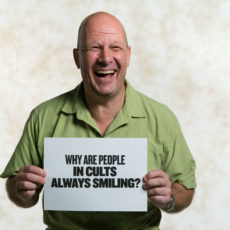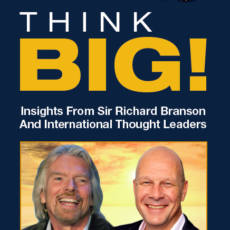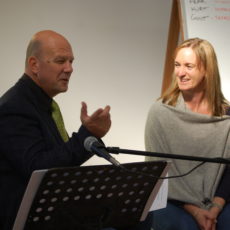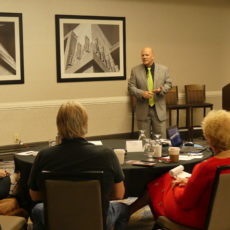Which Cult do You need to Escape from?
Watch out for what? Yes, you may possibly be working for a corporate cult, or might be part of a religious cult, or joined a new age cult, or live in a one-on-one/family cult, or follow a cult of personality and the list of categories of cults goes on… yet, not ever been aware of it.
Cult, which shares an origin with culture and cultivate, comes from the Latin ‘colō’ – a noun with meanings ranging from “cultivation” to “training or education” to “adoration” to “honour.” It’s not inherently alarming.
So what is it then, that makes a cult a cult? Is a classroom a cult? A company? Coca-Cola? Microsoft? Political parties? Professional societies like medicine or psychiatry? Or any other Social groups? And more importantly, what lessons can we learn from them?
Probably most people would regards cults as dangerous and pretty rare in todays world. Most commonly cults are thought as a religious group with a charismatic leader – which I have experienced as a member for over 26 years. However, I would argue that the patterns of cultic behaviour is much more widely spread than what people think.
Most cult behaviour is only marginally more consequential of the normal cultural behaviour that we are influenced in from childhood. For example, the peer group pressure to conform, including the need to feel secure and protected are universal human desires. Those universe human yearnings effect our daily lives and can be extremely similar to the effect they have within the most freakish cults.
Often times it drives people to take self destructive paths toward the security they seek, to fail to think realistically, suppress healthy disagreements and independence, discredits outsiders and accept authoritarianism. Experience any of these patterns within any culture, organisation, community, family or one-on-one relationship is a threat to our freedom.
So, what lessons can we learn from cults? How do cults work?
We need to understand the parallel of how the patterns that characterise cults are found in all walks of life and activity, including cooperations, military, social groups, politics, religion, sport, education, clubs, family and entertainment. Take for example a corporate business where the chief executive usually becomes the chief authoritarian. Often times they tend to manipulate the truth about circumstances and abuse their power. Many
companies automatically develop an authoritarian structure. The lives of employees are often regulated to some degree by the firm. Managers tend to feel that they should have more power and their lower-ranking staff should have less.
Subordinated co-workers or colleagues may also fear the consequences of disagreeing with management. They won’t speak out if they disagree with the cooperation or its leaders, fearing not only the consequences of becoming an outcast but may loosing their lively hood.
Another example is the one-on-one or family cults which are based in belief in one’s partner, parent, relative or friend authority above all else. In most cases an intimate relationship is used to manipulate and control the partner, children, relative or friend, who believes the authoritative person to have greater knowledge or remarkable powers. Unfortunately most times in these circumstances there is serious long term psychological, physical, and sexual abuse involved.
Note of how much those cults have in common. Both one-on-one / family cults and other cults involves abuse, and ’brainwashing’ to the point where a person surrenders their power. Now, one feels trapped and is afraid to leave due to the possible awful consequences which may follow.
You have been made aware now!
We have established now that unhealthy cult behaviour is not just found in some freaky religious groups. Such dysfunction is found within our cultural society anywhere and everywhere. Regrettable it’s not always obvious what or who is a cult and by the time you realise you are involved with one, getting away can be difficult – trust me I know!
While “no one” admits to being a cult, you are probably dealing with one if you are not allowed to ask questions, make your own decisions, or can’t disagree with the person, leader or management. Anyone can get pulled into a cult, but not everyone has the courage to leave. I have experienced a cult mind control for over two decades and once my crisis was unbearable I started to look for other possibilities. Believing that there is something better “out there” made me question the reality I lived in – I battled with my own inner “demons” and the turning point was when I decided to take action planning my escape.
So the question remains: Which Cult do You need to Escape from?
You can escape any cult you have joint! Decide, plan, take action and you will find ways to recover from the psychological, physical, and sexual abuse.
It is possible to escape from a cult. It is possible to live life fully independently, empowered and free.
TO YOUR SUCCESS!
GG Frantz







